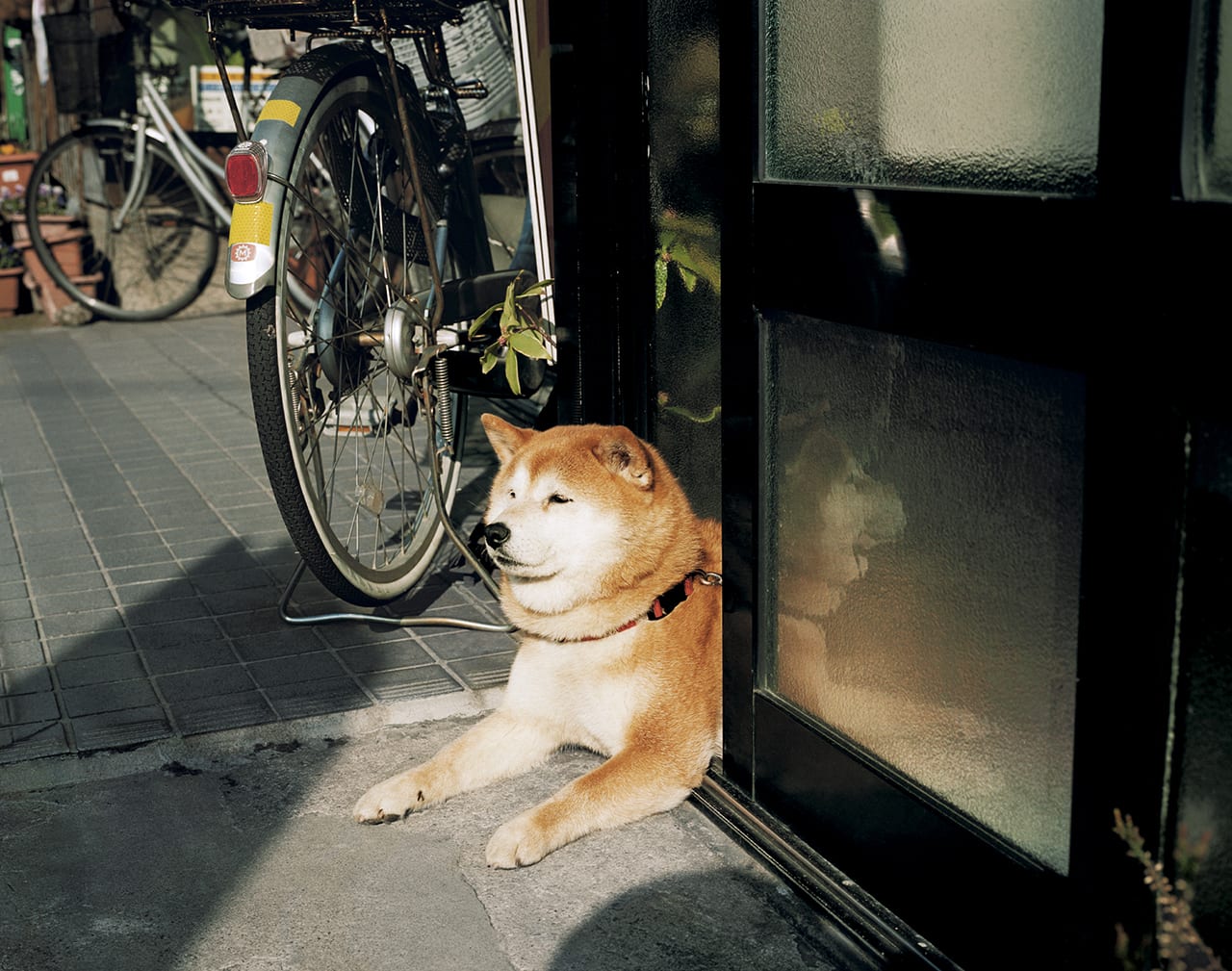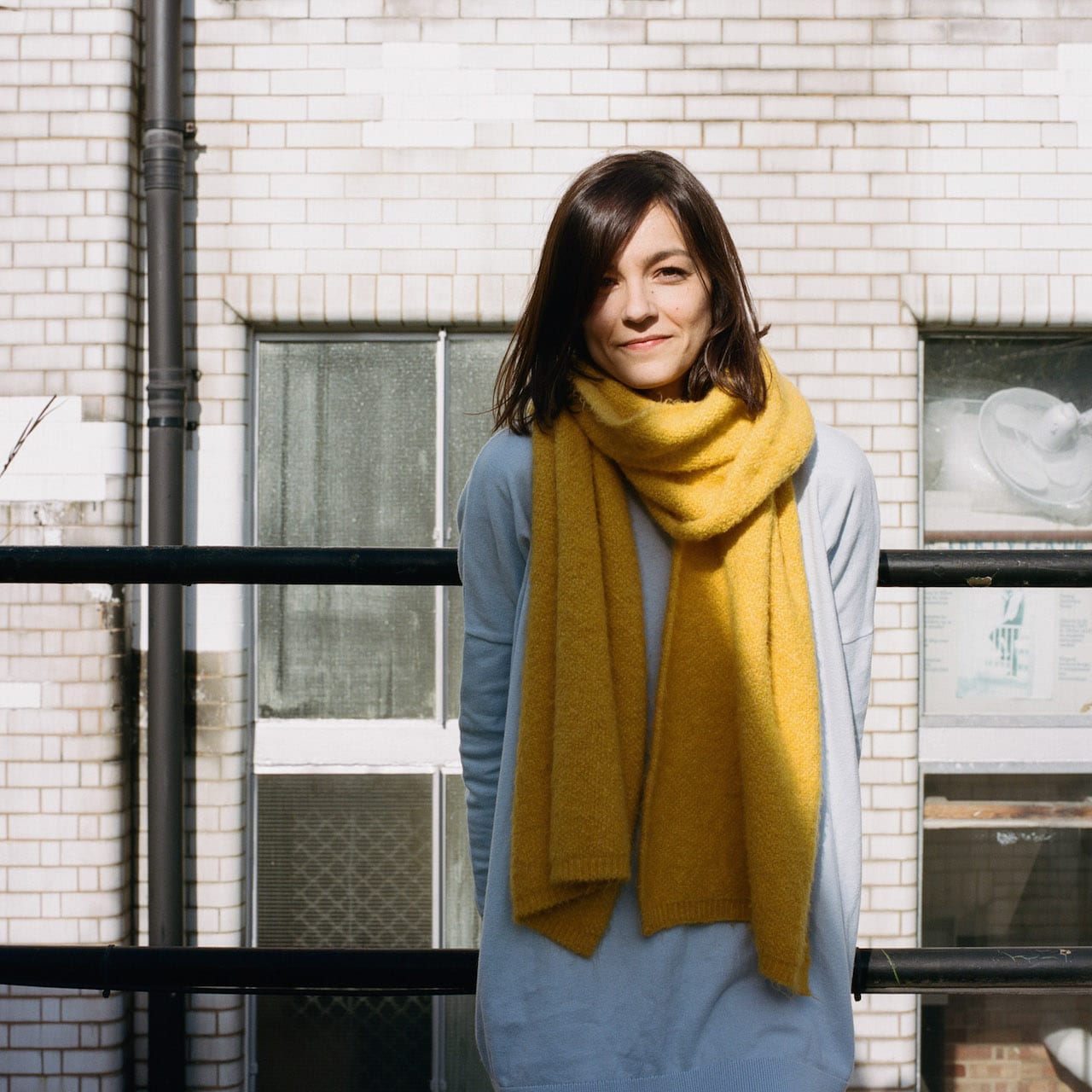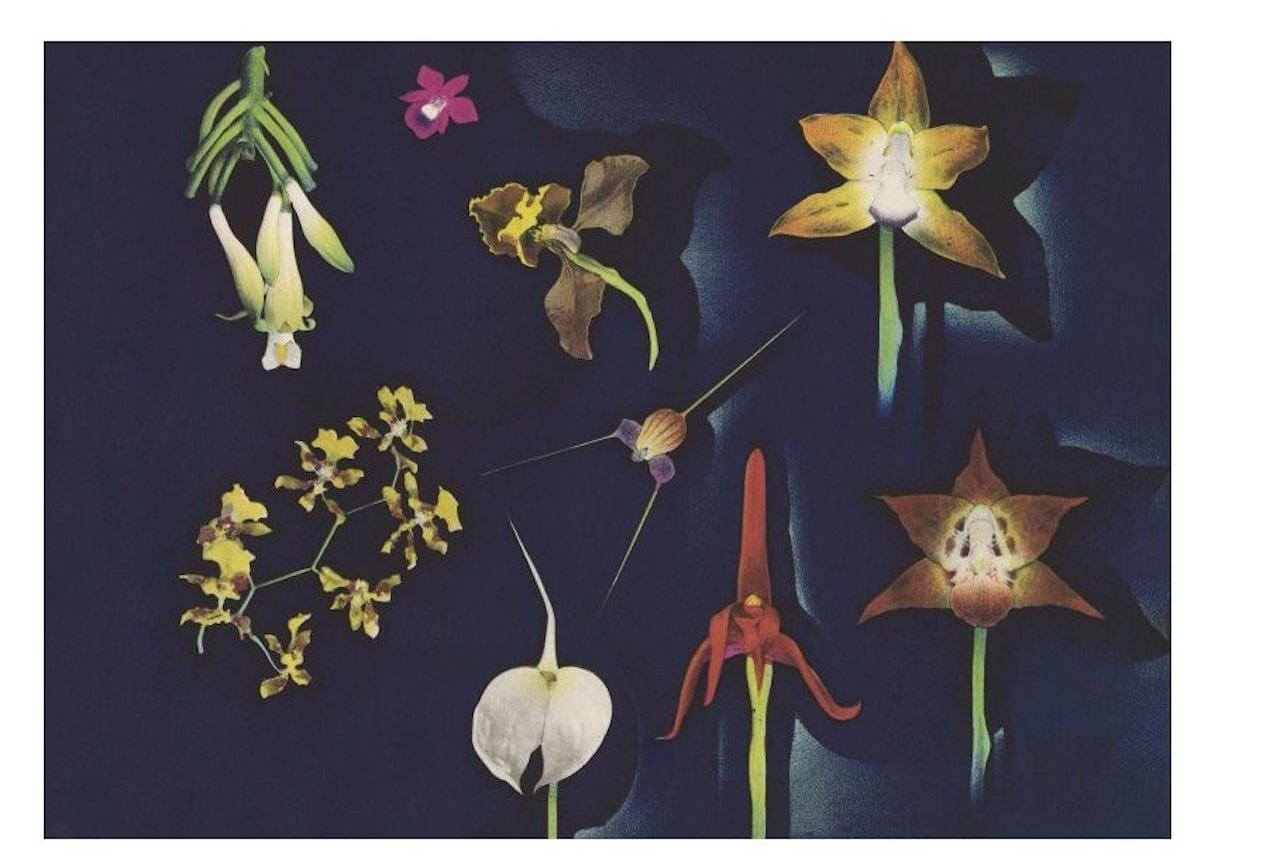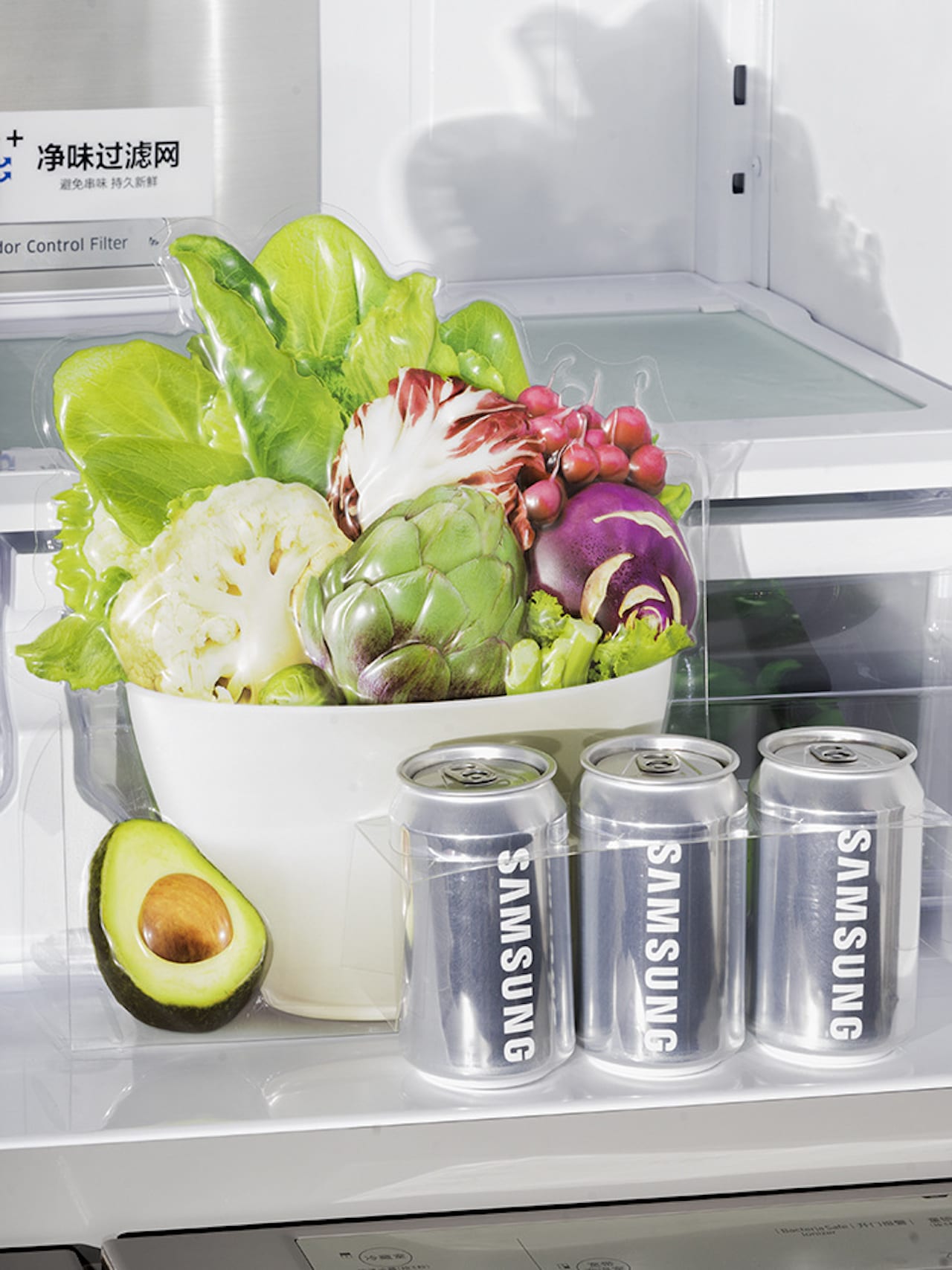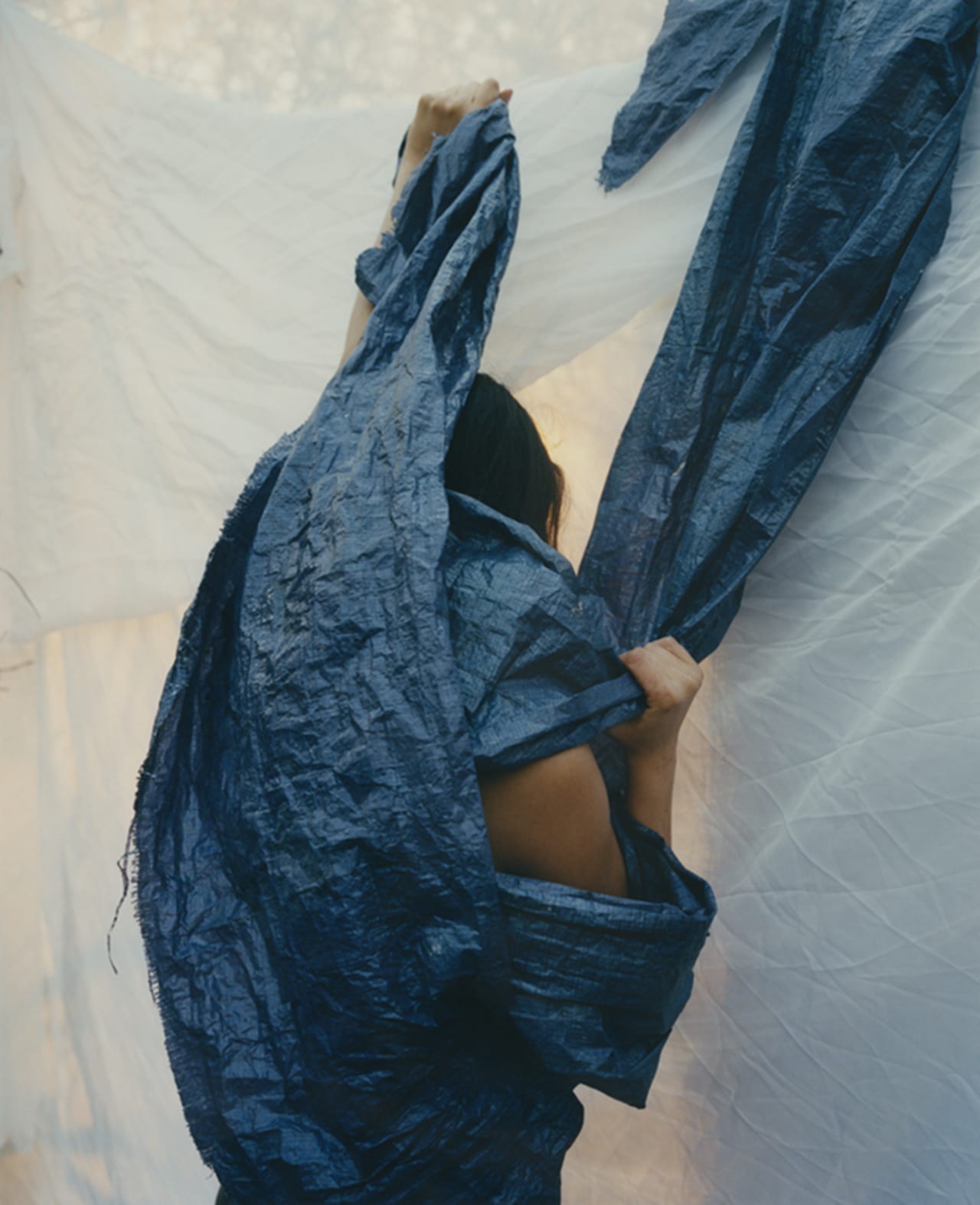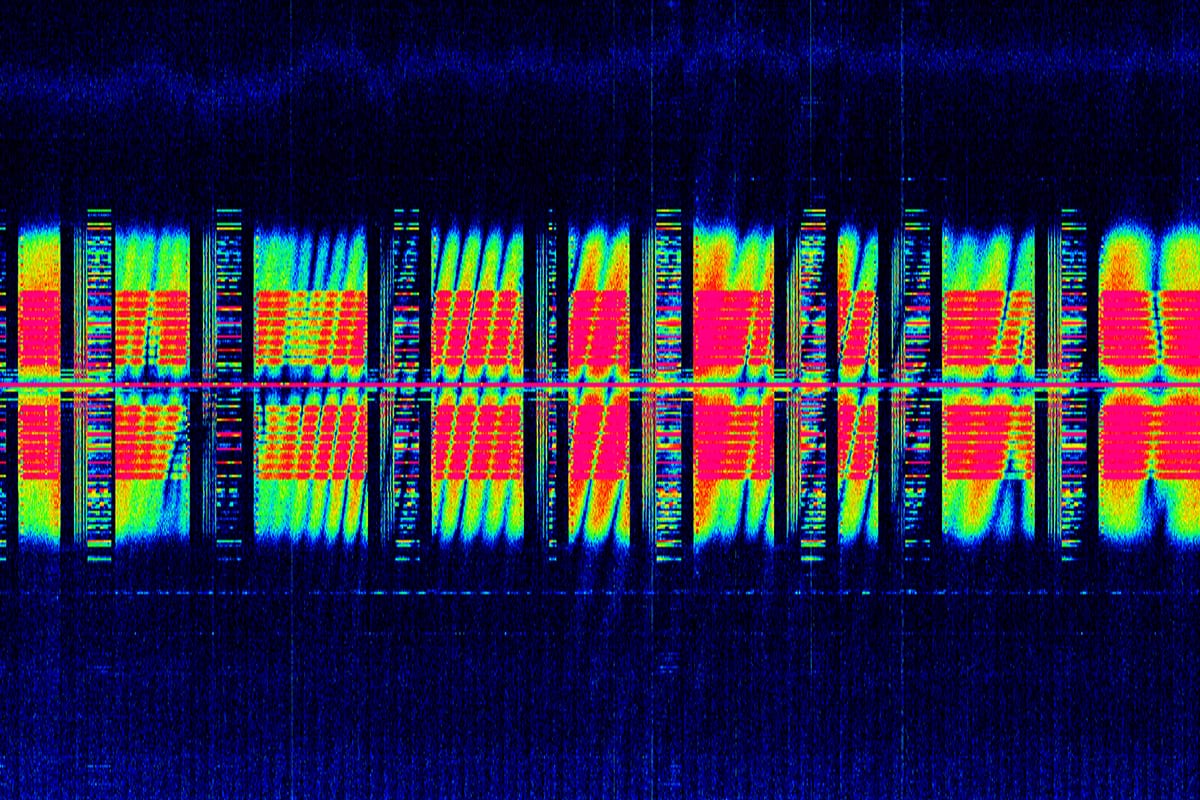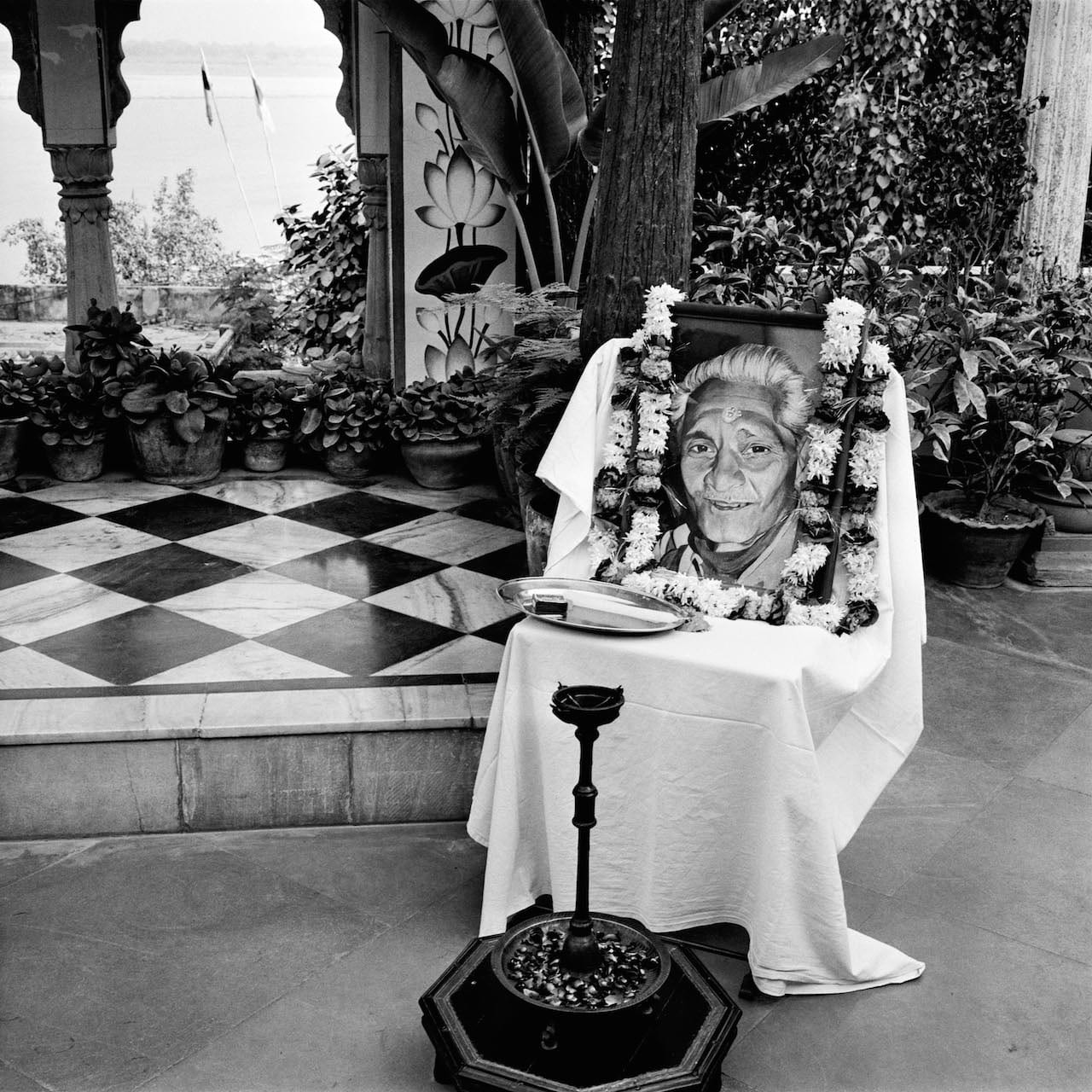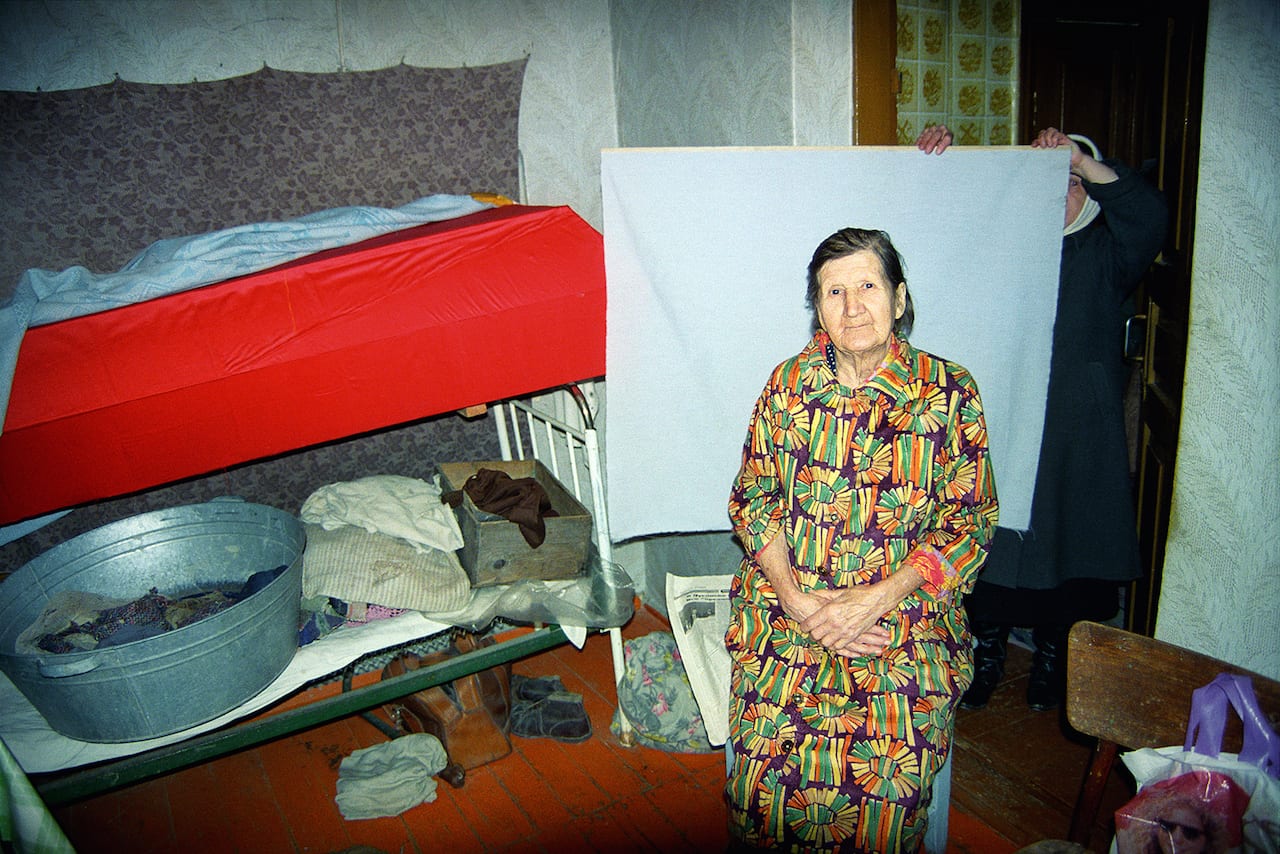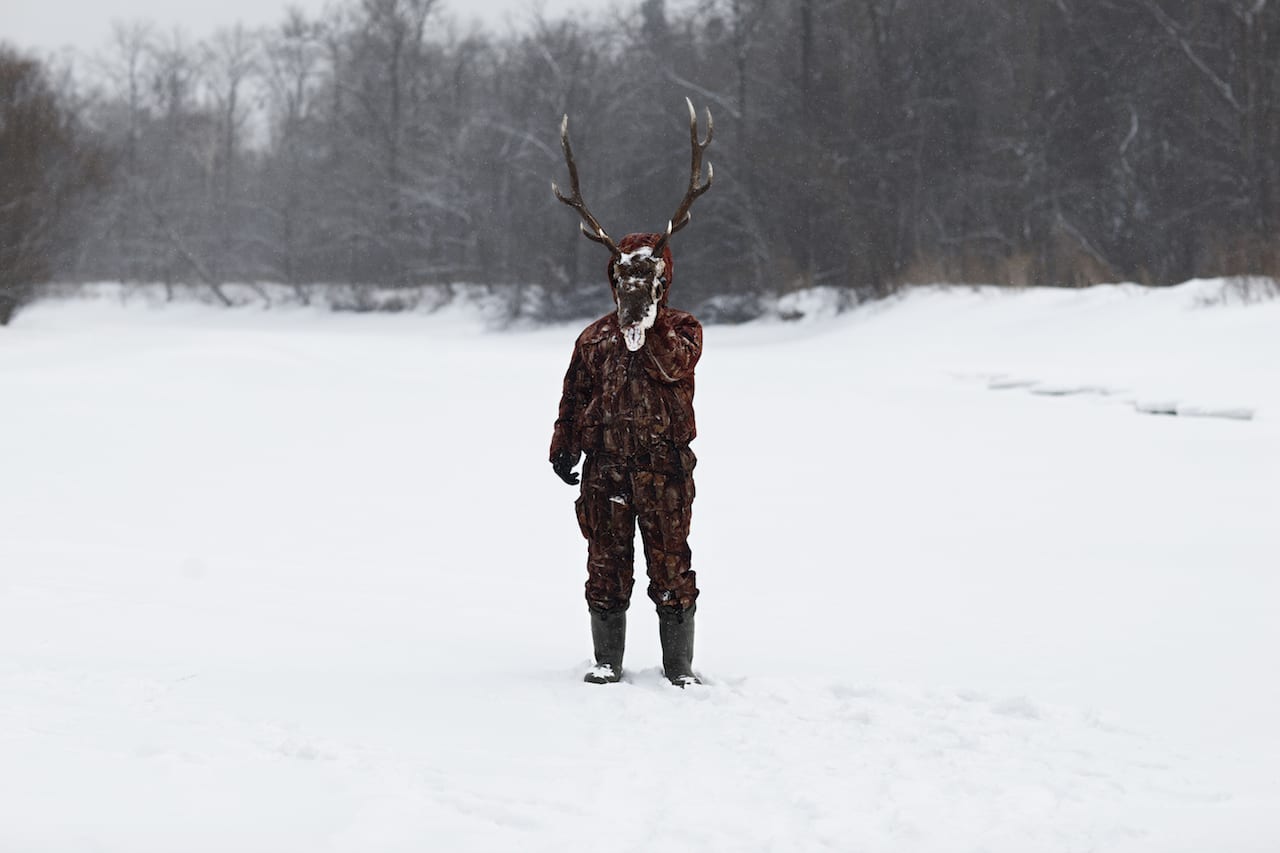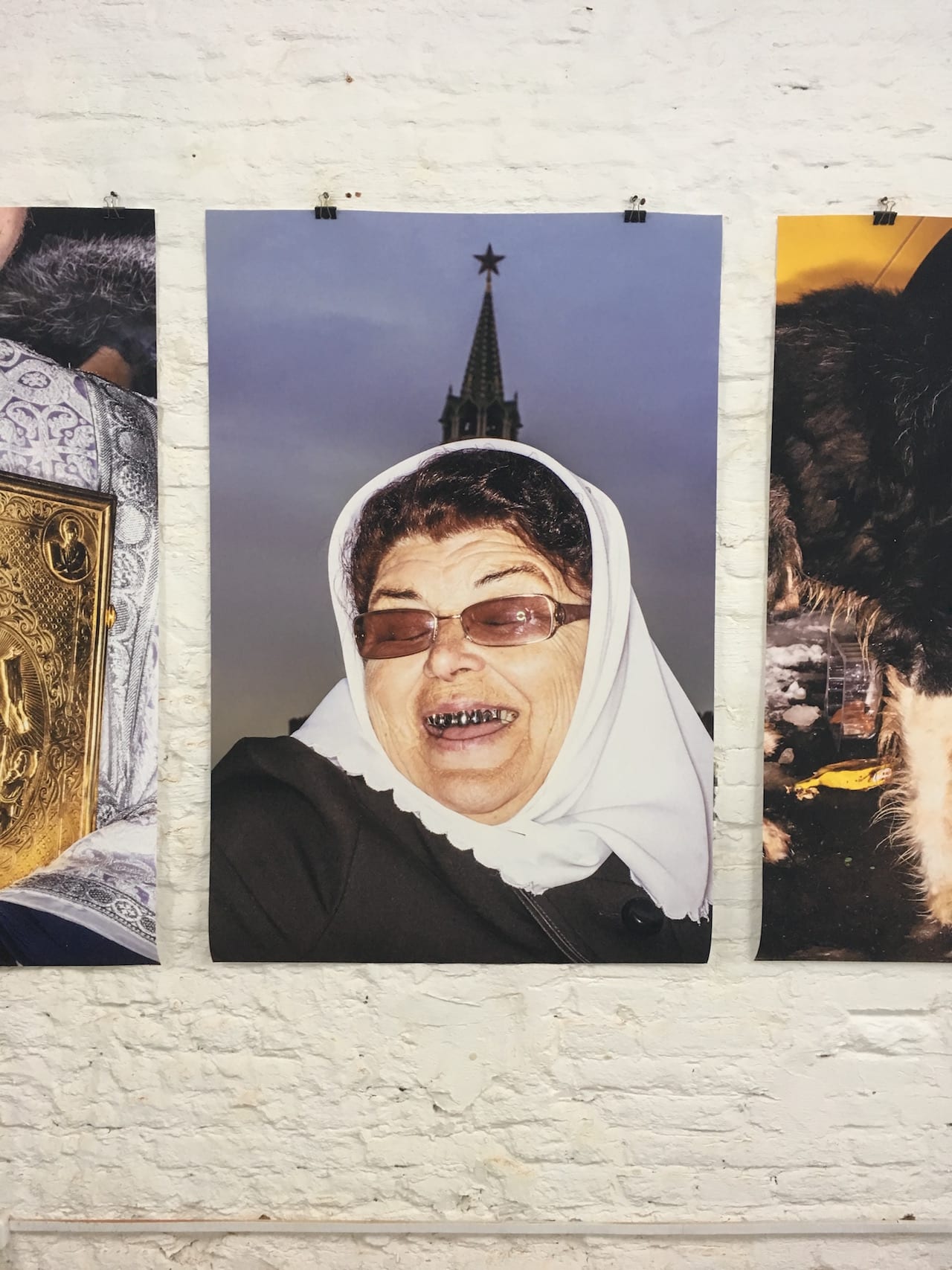You may not know it, but you’re probably familiar with Emily Shur’s celebrity portraits, from Helen Mirren and Will Farrell to Lupita Nyong’o and Larry David. Her active, vibrant and playful commissions have been seen on posters and screens the world over, and have helped her become one of LA’s most sought-after photographers when it comes to shooting comedians, actors and musicians in their most natural – or unnatural – habitats. But in Super Extra Natural!, her new book published with Kehrer, Shur trades in the digital camera and studio lighting to take us on a journey through Japan.
